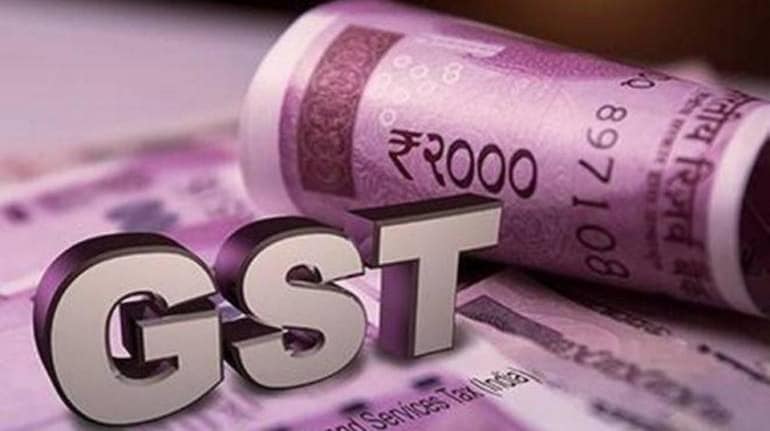



The Apparel Export Council of India has said that it does not mind paying GST and has not requested any Goods and Services Tax (GST) exemption from the government for production of hazmat suits.
Exemption of GST on medical items can lead to blocked input tax credit (ITC) and increasing the cost of manufacturing, government sources said.
"Even if GST on PPE (personal protection equipment) is reduced to nil, the total cost would remain unchanged. While GST exemption to PPE would make output GST as zero, the ITC ( GST suffered on inputs) would get blocked (not usable) and would get added to the cost," government sources said.
Though consumer would not gain from GST exemption, the compliance burden would increase for manufacturer. Since imports would have no such blockage, it would be preferred over domestic manufacturing.
Track this blog for latest updates on the coronavirus outbreak
"Exemption to PPE, would lead to blockage of ITC worth Rs 141 for domestic manufacturer. However, import would not suffer any such block ITC. Thus, everything else remaining the same, imports get an advantage of Rs 141 per piece on domestic supplies. Thus, domestic manufacturing suffers," sources said.
GST on medical items is mostly borne by the governments in most cases. "GST exemption creates hardships and distortion for domestic manufacturers without much cost benefit to the consumers," sources said.
Congress leader Rahul Gandhi demanded that no GST should be charged on medical equipment used in combating the coronavirus pandemic.
So @RahulGandhi had demanded removal of #GST on PPE kits!But manufacturers of these kits themselves don’t want any exemption/waiver!
Everyone is standing with Modi govt in this pandemic & contributing in their own ways - can we expect Rahul to do that too?#IndiaFightsCorona https://t.co/M15QTQeNMA pic.twitter.com/Pffa7QieVP
— Know The Nation (@knowthenation) April 22, 2020
"In this difficult times we are demanding that equipment and other necessary items essential for combating Covid-19 should be made GST free. It's wrong that the public which is already reeling under disease and poverty is being charged GST on soap, sanitiser, mask and gloves," Rahul Gandhi tweeted.
The central government on April 9 granted exemption from basic customs duty (BCD) and health cess on the import of goods like face and surgical masks, ventilators, testing kits and personal protective equipments (PPE) BCD and health cess with immediate effect to tackle the Covid-19 outbreak.
"In the context of COVID-19 situation, considering the immediate requirement of ventilators and other items, the Central Government has granted exemption from Basic Customs Duty and Health cess, on the import of these goods," the government had said in a statement.
Follow our full coverage of the coronavirus outbreak here
Discover the latest Business News, Sensex, and Nifty updates. Obtain Personal Finance insights, tax queries, and expert opinions on Moneycontrol or download the Moneycontrol App to stay updated!
Find the best of Al News in one place, specially curated for you every weekend.
Stay on top of the latest tech trends and biggest startup news.